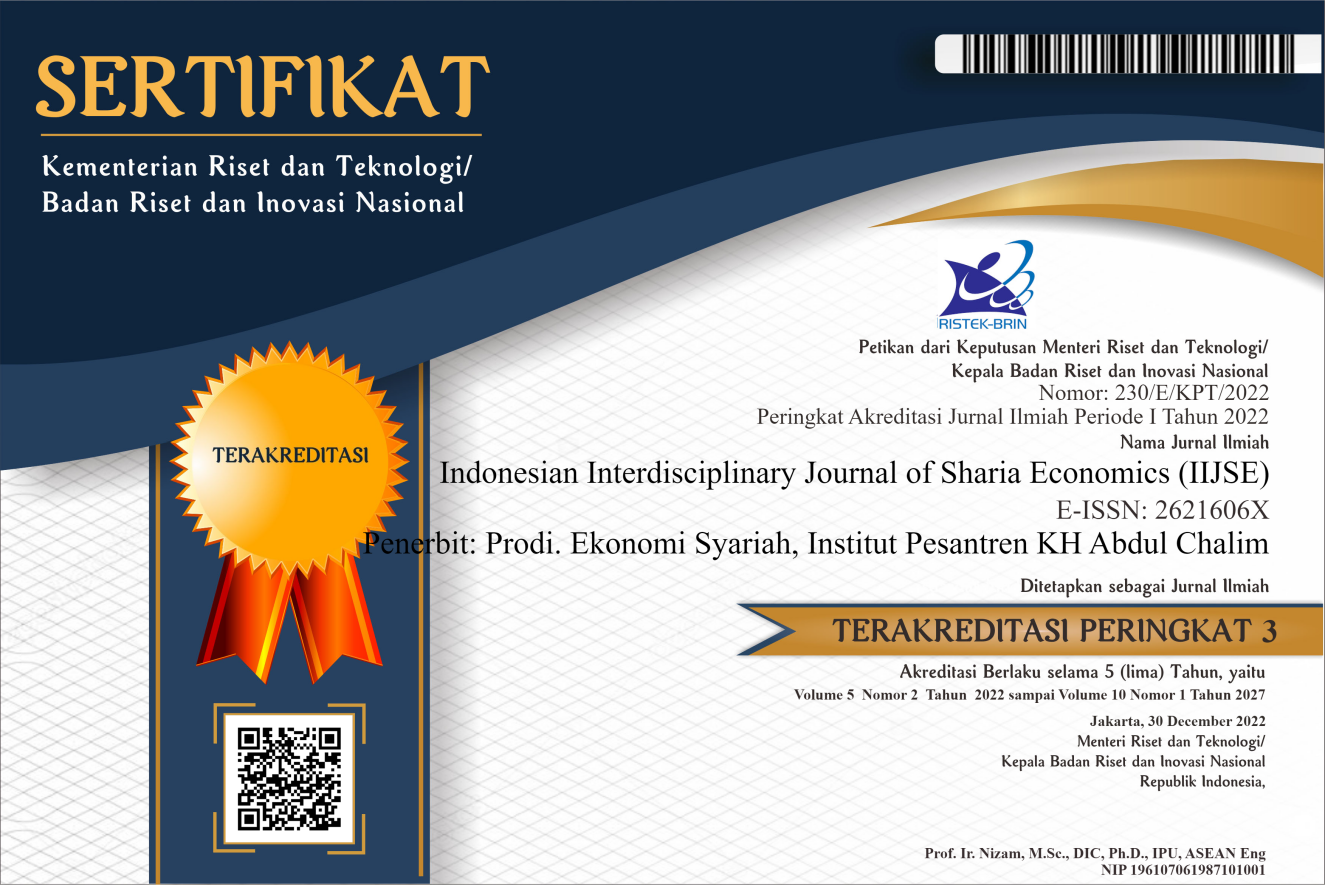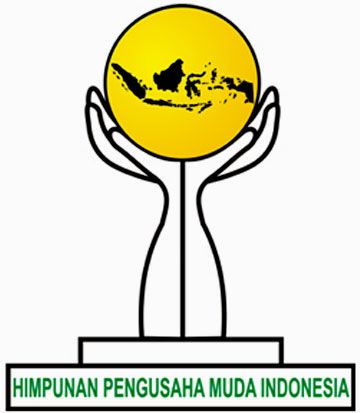The Influence of Supply Chain Capabilities, Digital Twins, Supply Chain Resilience, and Supply Chain Performance on Supply Chain Sustainability in the National Oil and Gas Industry
Abstract
The implementation of digital twins increases integration at every level of work, improves skills, and work culture, and forms a digital culture. Digital twins support real-time monitoring of ship movements, rapid decision-making in predictive maintenance, and identification of abnormalities in the early stages, which improves maintenance, production reliability, and information integration. It also simplifies supply chain procedures, reduces disruptions, and improves adaptation to change and the sustainability of the supply chain business. This study analyzes the effect of Supply Chain Capabilities, Digital Twins, Supply Chain Resilience, and Supply Chain Performance on Supply Chain Sustainability in the national oil and gas industry. Primary data were obtained through questionnaires distributed to 328 employees in the Pertamina supply chain sector, covering various functions such as exploration, production, service, marketing, distribution, and processing. The analysis method used is Structural Equation Modeling with the Analysis Moment of Structure program. The results of the study indicate that Supply Chain Capabilities and Digital Twins have a positive and significant effect on Supply Chain Resilience and Supply Chain Performance, and both have a positive effect on Supply Chain Sustainability.
Downloads
References
Ageron, B., Bentahar, O., & Gunasekaran, A. (2020, July). Digital supply chain: challenges and future directions. In Supply Chain Forum: An International Journal (Vol. 21, No. 3, pp. 133-138). Taylor & Francis.
Belhadi, A., Kamble, S., Jabbour, C. J. C., Gunasekaran, A., Ndubisi, N. O., & Venkatesh, M. (2021). Manufacturing and service supply chain resilience to the COVID-19 outbreak: Lessons learned from the automobile and airline industries. Technological forecasting and social change, 163, 120447.
Defraeye, T., Shrivastava, C., Berry, T., Verboven, P., Onwude, D., Schudel, S., ... & Rossi, R. M. (2021). Digital twins are coming: Will we need them in supply chains of fresh horticultural produce?. Trends in Food Science & Technology, 109, 245-258.
Hair, J. F., Risher, J. J., Sarstedt, M., & Ringle, C. M. (2019). When to use and how to report the results of PLS-SEM. European business review, 31(1), 2-24.
Hosseini, S., Ivanov, D., & Dolgui, A. (2019). Review of quantitative methods for supply chain resilience analysis. Transportation research part E: logistics and transportation review, 125, 285-307.
Isnan, E. . (2023). Indonesia’s Economic Diplomacy in Facing Red (Renewable Energy Directive) and European Union Palm Oil Policy. Majapahit Journal of Islamic Finance and Management, 2(2), 110–128. https://doi.org/10.31538/mjifm.v2i2.29
Kamble, S. S., Gunasekaran, A., Parekh, H., Mani, V., Belhadi, A., & Sharma, R. (2022). Digital twin for sustainable manufacturing supply chains: Current trends, future perspectives, and an implementation framework. Technological Forecasting and Social Change, 176, 121448.
Kusumastuti, R., Mulyati, H., & Suprayitno, G. (2021). Disclosure Integration of Lean Six Sigma Principles in Sustainable Supply Chain in Poultry Industry. Indonesian Interdisciplinary Journal of Sharia Economics (IIJSE), 4(1), 300-312. https://doi.org/10.31538/iijse.v4i1.1706
Nuraini, N., Sarkum, S., & Halim, A. (2021). Analysis of Company Capability, Supply Chain Management of Competitive Advantage, and Company Performance. Indonesian Interdisciplinary Journal of Sharia Economics (IIJSE), 4(1), 87-104. https://doi.org/10.31538/iijse.v4i1.1463
Owida, A., Galal, N. M., & Elrafie, A. (2022). Decision-making framework for a resilient sustainable production system during COVID-19: An evidence-based research. Computers & Industrial Engineering, 164, 107905.
Qader, G., Junaid, M., Abbas, Q., & Mubarik, M. S. (2022). Industry 4.0 enables supply chain resilience and supply chain performance. Technological Forecasting and Social Change, 185, 122026.
Sekaran, U., & Bougie, R. (2017). Metode Penelitian untuk Bisnis: Pendekatan Pengembangan-Keahlian, Edisi 6 Buku 1.
Sharma, A., Adhikary, A., & Borah, S. B. (2020). Covid-19′ s impact on supply chain decisions: Strategic insights from NASDAQ 100 firms using Twitter data. Journal of business research, 117, 443-449.
Singh, G., Singh, S., Daultani, Y., & Chouhan, M. (2023). Measuring the influence of digital twins on the sustainability of manufacturing supply chain: a mediating role of supply chain resilience and performance. Computers & Industrial Engineering, 186, 109711.
WIBISONO, R. D. A. (2018). Pengaruh Praktik Supply Chain Management Terhadap Keunggulan Bersaing Dan Kinerja Organisasional (Pada UKM Wedangan di Kota Surakarta, Jawa Tengah) (Doctoral dissertation, Universitas Pembangunan Nasional Veteran Yogyakarta).
Copyright (c) 2025 Sindi Kharisyani Sujendi, Yolanda Masnita Siagian

This work is licensed under a Creative Commons Attribution-ShareAlike 4.0 International License.
Authors who publish with this journal agree to the following terms:
- Authors retain copyright and grant the journal right of first publication with the work simultaneously licensed under a Creative Commons Attribution License that allows others to share the work with an acknowledgment of the work's authorship and initial publication in this journal.
- Authors are able to enter into separate, additional contractual arrangements for the non-exclusive distribution of the journal's published version of the work (e.g., post it to an institutional repository or publish it in a book), with an acknowledgment of its initial publication in this journal.
- Authors are permitted and encouraged to post their work online (e.g., in institutional repositories or on their website) prior to and during the submission process, as it can lead to productive exchanges, as well as earlier and greater citation of published work.


















